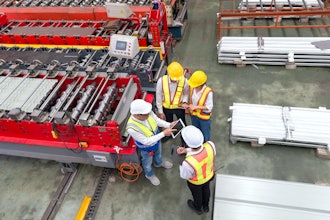Unilever is one of the world’s largest consumer goods conglomerates, and it wants its suppliers to pay up… to their employees.
The London-based company announced a sweeping set of social equity initiatives on January 21st, topping them with by saying it will ensure that everyone who directly provides goods and services to the company earns at least a living wage or income by 2030.
Unilever — which owns numerous well-known known food, home care and personal care brands that range from Axe Body Spray to Dove Soaps to Ben & Jerry’s Ice Cream — said that it already pays its 150,000+ employees a living wage and wants to secure the same for more people beyond its workforce, especially those vulnerable workers in manufacturing and agriculture.
The company will work with its suppliers, other businesses, governments and non-governmental organizations — through purchasing practices, collaboration and advocacy — to create systemic change and global adoption of living wage practices.
And given that Unilever has an annual revenue of about $58 billion from more than 1,000 brands worldwide, it likely has some good pull for this initiative.
Unilever elaborated that providing workers a living wage helps economies as it stimulates consumer spending, aids job creation, helps small businesses, decreases employee turnover and improves job productivity and quality – overall creating a virtuous cycle of growth.
Unilever also announced the following 2025 initiatives: It will also spend about $2.4 billion annually with suppliers owned and managed by people from under-represented groups; It will ensure that all its employees are reskilled or upskilled to have a future-fit skillset; and It will equip 10 million young people with essential skills for job opportunities. Unilever will also increase the number of advertisements that include people from diverse groups, both on-screen and behind the camera.






















